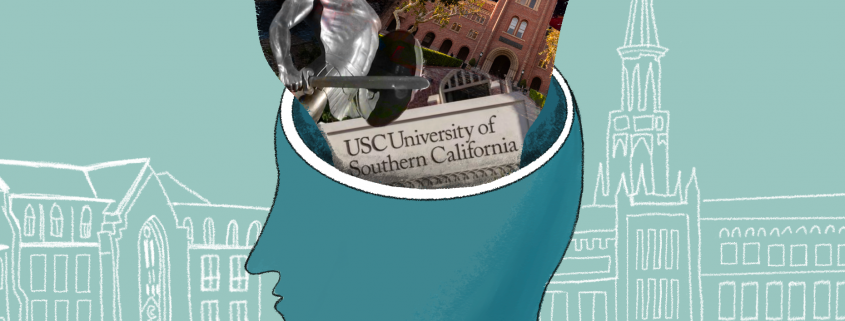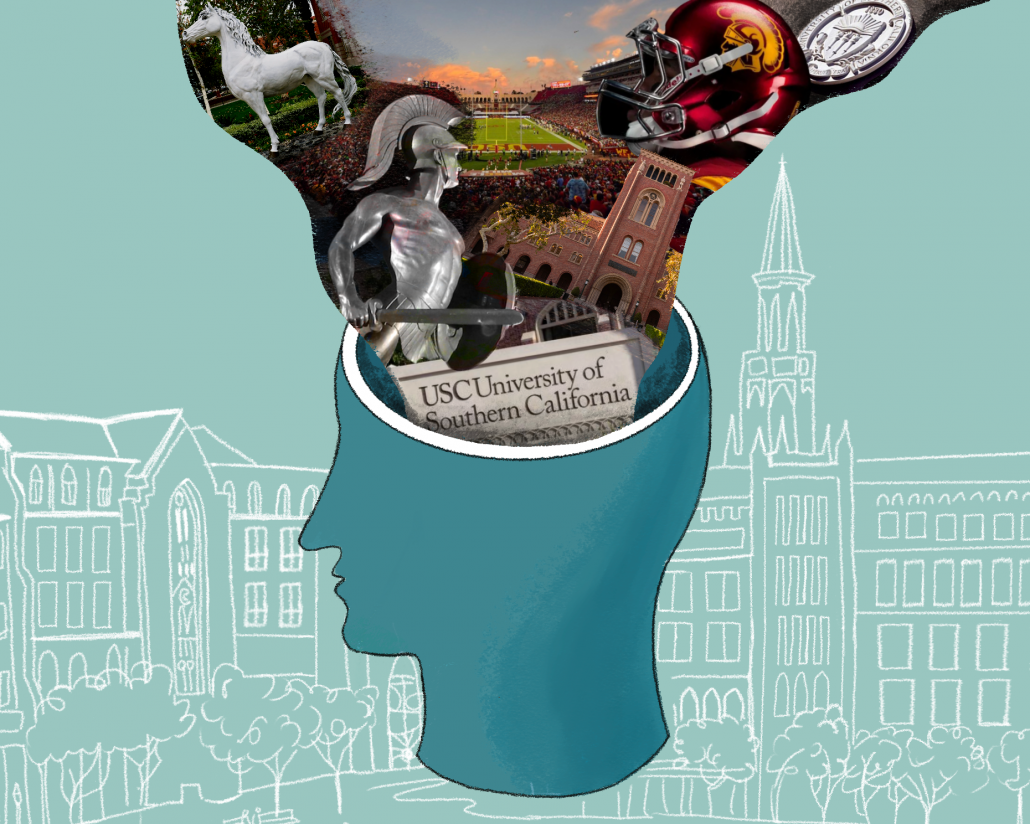Students should lead with empathy as we begin the new school year
Aug. 23 will be a momentous occasion. In-person classes will resume for the first time since March 2020. To students, this may indicate a return to normalcy. However, it is now clear that our previous perception of “normal” has changed.
The past 17 months have been trying times. The world continues to suffer under a pandemic, the likes of which have not been experienced since the early 1900s. The Black Lives Matter movement took center stage last summer and continues to play a vital role in shaping the future of this country. Just earlier this year, the Israel-Palestine conflict re-emerged to both the political and social forefront. Not to mention the fact that billionaires are currently racing to space while the Earth burns dry as a result of climate change. The fate of not only this country but the entire world is dependent on this upcoming generation.
This means the brunt of finding the solutions to these matters falls on their laps as well. Not a single one of these issues is an overnight fix. Each requires persistence, time and stamina. As a result of literally the world’s problems bearing down on them, this generation will experience a grave emotional and mental toll.
As a result, it may be hard for students to strictly focus on academics. Not a single person can gauge the emotional attachment and perspective of another with any one of these issues. With the emergence of BLM, some students feel empowered from the overwhelming support for Black people in their pursuit of political and social equality. However, others may feel uncomfortable due to inadequate action on behalf of the University. Each person’s life story is unique. Therefore, it is critical that students be respectful and supportive as each person deals with different issues in different ways.
So, what exactly can we do? We must be willing to lend a helping hand. The university offers the chance to do exactly just that. Through Trojans Care 4 Trojans, students can anonymously help a fellow Trojan who may be battling personal difficulties. The University can then reach out to the struggling student with resources.
There are also support groups available on campus. These collectives can be beneficial in building friendships and hearing from students who may share similar identities such as sexuality, ethnicity and gender. For instance, if one identifies as a Black woman, there is a support group for those with that same identity.
Student organizations are also valuable for finding others with similar backgrounds or interests. For example, the Israel-Palestine conflict has highlighted issues of anti-semitism and anti-Palestinian rhetoric across society. If one is interested in supporting impacted students, they can join Students for Justice in Palestine At USC or The Jewish Social Work Caucus.
Additionally, there are advocacy opportunities available in non-formal manners. USC’s Center for Black Cultural and Student Affairs hosts seminars and round-table discussions. These forums act as a bridge between students and Black industry leaders, where the students can learn from both their professional and social experiences.
USC also provides an array of counseling services, allowing students to pick ones they feel the most comfortable with. Students can talk to a counselor on Zoom for a private 30-minute conversation. If Zoom is not ideal, then it is also possible to schedule an in-person appointment to have one-on-one discussion with a counselor. Although these services tend to value short-term care over long-term solutions, they can still be valuable in aiding our mental health.
Additionally, USC hosts a series of workshops where students can actively work through battling anxiety, relationship issues and other topics. In particular, these workshops can be really helpful given the fact that we are returning to campus after almost 17 months of virtual learning and isolation. While returning to in-person learning can feel intimidating, these workshops can equip us with the tools to stay strong. Simply put, a plethora of resources are offered by the University.
Aside from just pointing toward professional guidance, students can approach others with an open mind and open heart. Recently, rapper DaBaby spewed homophobic slurs and verbally attacked those suffering from HIV/AIDs. Instead of reflecting upon his insensitive comments, he refused to take back his sentiment — until every music festival began to cut ties with him. Rather than just “cancelling” the rapper, Miley Cyrus offered to have a conversation with him via social media and respectfully educate him about the issues at hand. She wanted to hold him accountable and offer the opportunity to become better.
We should aim to mirror this approach. It is necessary to hold others accountable when they incur harm upon marginalized groups. Whether that is within our friend circle or student organization, accountability is one of the best ways we can proactively invoke change.
Therefore, we must not be steadfast in one perspective because, at the end of the day, it is only one. We must listen and learn from one another. There is nothing to gain from practicing ignorance; instead, it only adds to the already existing social divisiveness. Especially in trying times like these, it is vital to put our ego aside and be willing to understand each other.
With that being said, it is often a difficult struggle to truly step out of one’s shoes and understand others, especially when their situation seems helpless. The innate desire to remain in our comfort zone can easily overtake the need to empathize with others. During these moments, we must remember that we are all a part of the Trojan family. Members of a family do not abandon each other in times of crisis.
Therefore, each Trojan bears the responsibility to help another when they are in need. Family also means telling each other what we need to hear, not what we want to hear. In the Trojan family, we should strive to hold each other accountable and become the best versions of ourselves.
Correction: The design for this article was created by Alyssa Shao. The Daily Trojan regrets this error.


